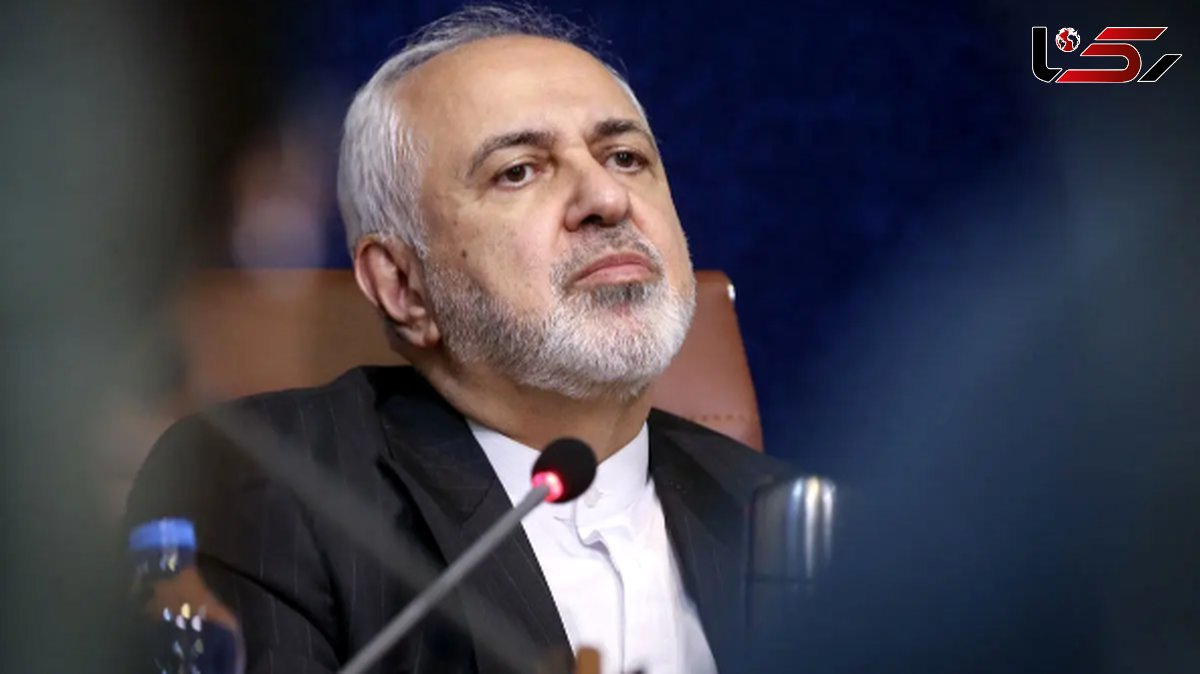Zarif: Iran's NPT Withdrawal Is Legal Option Amid Nuclear Tensions
Rokna Political Desk: Former Iranian Foreign Minister Mohammad Javad Zarif stated that Iran has the legal right to withdraw from the Nuclear Non-Proliferation Treaty (NPT) under Article 10. He cited violations of the nuclear agreement and attacks on Iranian nuclear facilities as factors that could justify such a step. Zarif emphasized, however, that diplomatic avenues remain available and continue to be viable for resolving disputes.

According to Rokna, Former Iranian Foreign Minister Mohammad Javad Zarif participated online from Tehran in a U.S. Arms Control Association forum on Thursday. Following his keynote address, Zarif responded to questions from the association’s chairman and attendees.
Daryl Kimball, the Association’s Executive Director and session chair, asked Zarif what formula could allow both sides to reach agreement within 24 to 36 hours that would address European concerns, meet Iran’s requirements, satisfy the IAEA’s objectives, and prevent a deepening crisis or renewed sanctions.
Zarif emphasized that all parties should consider the potential consequences after a “snapback” of UN sanctions. He stated that snapback would not strengthen any party’s leverage but would only complicate reaching a solution. Zarif criticized the European Union for setting conditions that, according to Iran’s Foreign Minister, Mr. Araqchi, were already met through the recent agreement with IAEA Director General Rafael Grossi and proposals for continued negotiations undermined by U.S. actions. Zarif said Europe’s current approach merely undermines its credibility as a negotiating partner. He stressed that progress could easily be made based on Iran’s proposals, provided Europe recognizes its mistakes and abandons its self-righteous stance.
Zarif recalled that when he was Foreign Minister, Europe failed to implement even a nineteenth-century-style barter arrangement he had negotiated. He highlighted that European nations should not consider themselves the only parties committed to the JCPOA, noting their repeated violations following the U.S. withdrawal. Zarif stated that the eleven commitments Europe made to Iran were not fulfilled, and that snapback has no legal justification, although politically it may be pursued. He suggested alternatives including a regional consortium, reviving Iran-IAEA cooperation, and negotiations involving Iran, the three European countries, Russia, China, and potentially the U.S.
Kimball asked about internal pressures on Iran’s government from the parliament and different factions advocating either withdrawal from the NPT or reduced cooperation with the IAEA. Zarif responded that continued cooperation is more rational, citing Iran’s full compliance with the JCPOA and the IAEA in 2019 despite U.S. withdrawal and European noncompliance. He clarified that announcing an intention to leave the NPT does not equate to building a nuclear weapon but could create a 90-day window for renewed negotiations.
Zarif proposed a dual-track approach: establishing a stringent regional nonproliferation regime with mutual oversight by member states and experts, akin to the Argentina-Brazil model, while simultaneously sharing nuclear capabilities and expertise, including enrichment and nuclear fusion, among regional partners. He suggested potential collaboration with countries such as Saudi Arabia and the U.S. on fusion research and implementation, leveraging Iran’s strong scientific and technological base, including AI expertise. The overarching goal would be trust-building, effective oversight, nonproliferation, and creating a WMD-free Middle East.
Kimball concluded by emphasizing the importance of persistence and continuous dialogue, noting that a single newspaper article or opinion cannot convince others. Zarif invited continued discussion and development of forward-looking ideas and expressed hope to host similar sessions in Tehran, joking about his travel restrictions due to sanctions.
Send Comments